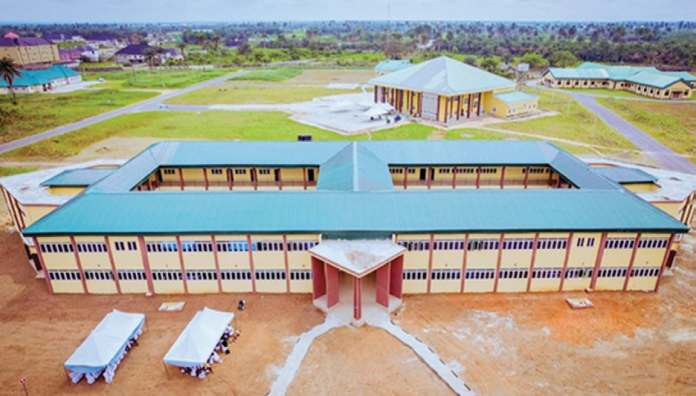BY TINA AGOSI TODO/OBINNA NWAOKU
THE economic crisis in Nigeria has taken a devastating toll on students in tertiary institutions, with many struggling to cope with the rising costs of transportation, food, and accommodation.
The removal of fuel subsidies has led to a sharp increase in transportation fares, with some students paying over N16,000 to return to school, more than double the amount they paid last year.
The situation is further complicated by the rising cost of living, with many students experiencing depression and anxiety due to financial constraints.
Already, some of the students have resorted to skipping meals and classes, which is affecting their academic performance. The economic pressure is also taking a toll on students’ mental health, leading to poor academic performance, irregular attendance, and isolation from classmates.
Many students are struggling to make ends meet, and some are even dropping out of school due to the recent increase in institutional fees.
The situation is particularly dire for students from low-income backgrounds, who are struggling to access basic necessities like food and water.
Nigeria’s economic landscape has been characterised by high inflation and rising poverty levels. With the country’s headline inflation rate reaching a near 30-year high of 22.97 per cent, coupled with escalating food prices and transportation costs, the inflationary pressure has eroded the purchasing power of many Nigerians, pushing a significant portion of the population into poverty.
According to the World Bank, approximately 40 per cent of Nigerians live below the poverty line, with 25 million facing acute food insecurity, a figure projected to rise to 33 million by mid-2024.
Despite these challenges, Nigeria’s Gross Domestic Product (GDP) showed some growth. In 2024, the economy expanded by 3.4 per cent, up from 2.74 per cent in 2023.
However, this growth rate still falls short of the six per cent target set by President Bola Tinubu. The country’s GDP per capita remains low, and the inflation rate continues to outpace income growth, exacerbating the financial strain on students and their families.
In a series of interviews for students of the University of Port Harcourt, University of Calabar and others, our correspondent learnt that the harsh economic reality is a significant factor affecting learning negatively.
Students lament
A sachet of water on campus is sold for N50, and a plate of food goes for N800, while an average student spends N1,500 on a daily basis for local transportation and snacks.
Eta Joy, a 200-level student of the Faculty of Social Science, said she paid N13,000 for transportation from her hometown in Boki local government in Cross River to Calabar, which hitherto cost N5,000.
While economic realities, transportation woes, and the desire for freedom are all contributing factors, some of the students cited insecurity and ongoing academic commitments as reasons for staying.
Despite these challenges, some of the students have devised survival strategies. Otese Onyebikwe, a 400-level student of Social Work at the University of Calabar, said she supports herself by selling oil perfumes.
However, despite her small income, Onyebikwe is still struggling to resume school due to the high costs. Experts noted that the economic hardship is causing stress and anxiety among students, which can further affect their academic performance and mental well-being.
Dr Edward Augustine, a lecturer in Guidance and Counselling, recommended that students should adjust to the new reality by cutting down on costs and venturing into entrepreneurship while in school. “Universities and government should address the issue by providing financial support to students so that they can focus on their studies without worrying about basic needs,” Augustine added.


